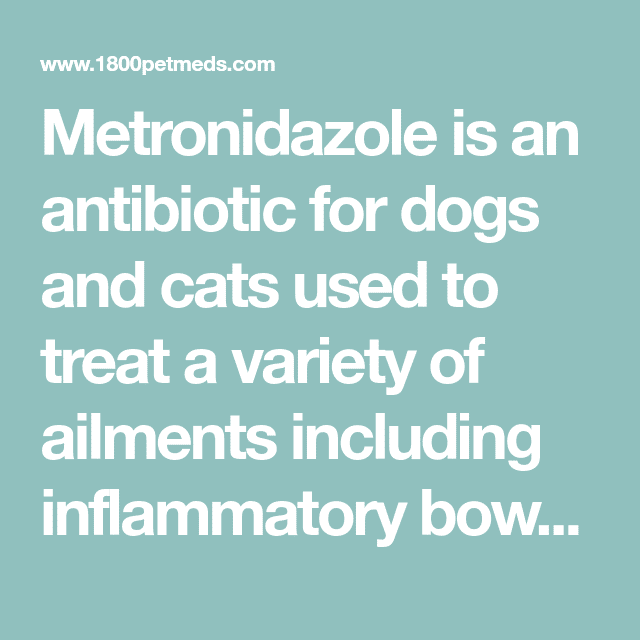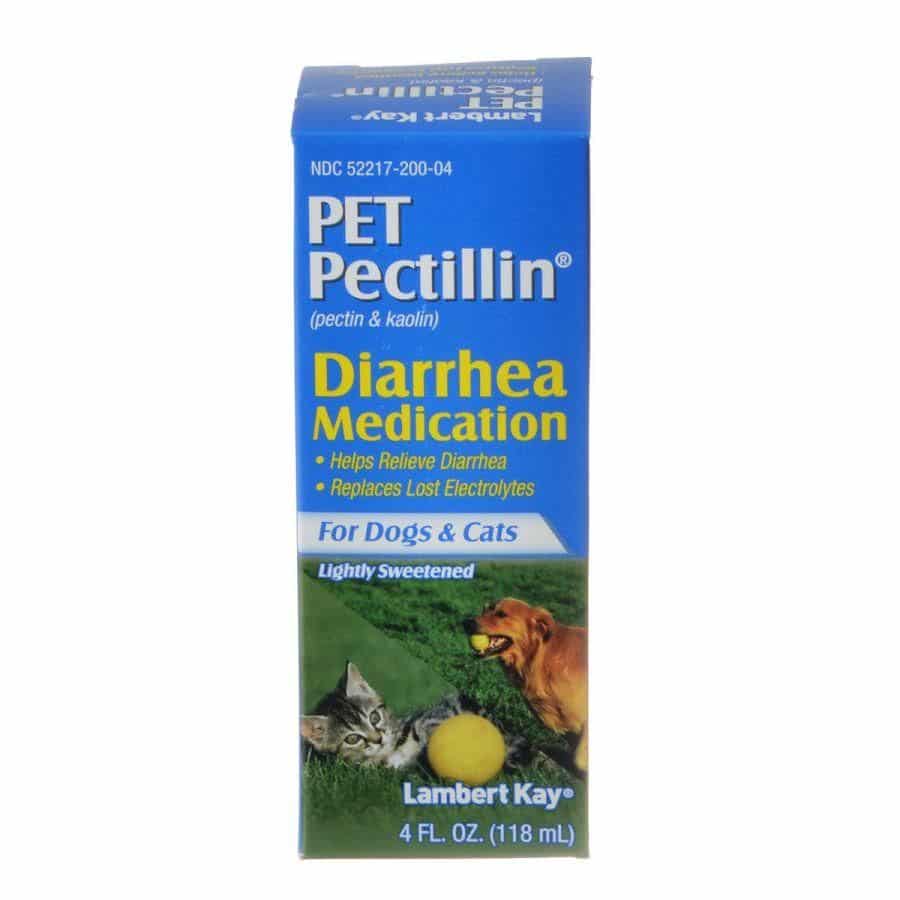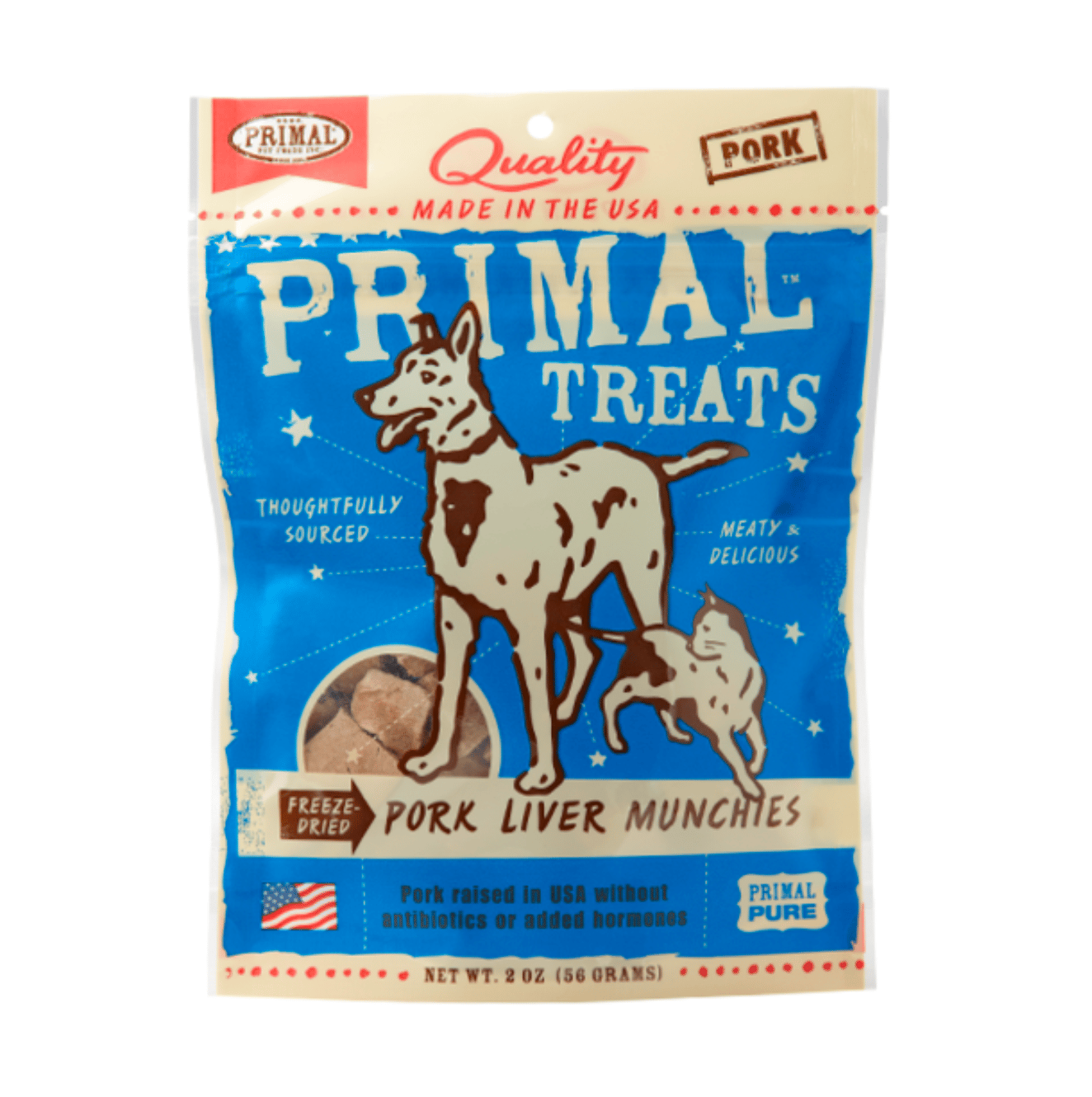Yellow Or Green Diarrhea In Cats
Discolored feces can sometimes be related to something your cat has recently ingested. For example, grass or green-colored material may cause green discoloration, which is not always a medical concern, although some animals with green feces have gallbladder disease.
Yellow feces can be an emergency related to liver disease or failure, zinc poisoning, immune-mediated hemolytic anemia, or an overgrowth of certain bacterial pathogens.
When To Contact Your Vet
If your cat has had mild diarrhoea for less than 24 hours, but is otherwise fine , you may want to try settling them at home before contacting your vet . However, if he/she doesnt improve within 24 hours, gets any worse, or develops any other symptoms you should contact your vet for advice. Always speak to your vet if you have an elderly cat or kitten with diarrhoea because they are more at risk of becoming dehydrated.
Other Causes Of Kitten Diarrhea
-
Internal Parasites
Parasites such as roundworms and tapeworms can upset your kittens digestion and even stunt their growth. Your kitten should be dewormed at two weeks of age and again at two-week intervals until they reach 12 weeks. After that, kittens should be placed on a monthly anti-parasite product that is prescribed by a family veterinarian. This preventative treatment helps control intestinal parasites and fleas, which cause tapeworms.
Common bacterial infections include salmonella and campylobacter. Kittens can also contract viruses such as feline immunodeficiency virus, panleukopenia, feline leukemia virus and rotavirus.
-
Environmental Stress
Moving to a new home, getting new housemates and other environmental factors can cause diarrhea in kittens.
Recommended Reading: My Cat Has Fleas What Do I Do
How Will The Vet Treat My Cats Diarrhea
If your cat is very sick or dehydrated, he may need to stay in the hospital.
- Your cat may be given IV fluids to correct dehydration and replace lost electrolytes .
- Blood work may be done to check red and white blood cell counts, as well as evaluate internal organ function .
- Other diagnostics might be recommended to determine the cause of your cats diarrhea. These include x-rays or ultrasound of the abdomen, fecal exam, and tests for diseases like pancreatitis or panleukopenia.
Treatments for diarrhea and any underlying issues will likely continue once your cat is discharged to go home:
- A bland diet that requires minimal digestion will likely be prescribed.
- Your cat may go home with prescriptions for anti-nausea medication, antacids, pain relief, and probiotics to replace normal gut bacteria.
Things To Know About Kitten Diarrhea

Read Also: What Is The Best Cat Litter For Odor
How Does Diarrhea Affect The Health Of A Cat
Diarrhea can make a cat feel unwell, and it can also cause serious problems in the body.
In addition to making a cat feel miserable and yucky, diarrhea causes lots of problems in lots of body systems in addition to the digestive system. Severe diarrhea causes dehydration and electrolyte imbalances that can negatively impact the cardiovascular system, the endocrine system, the musculoskeletal system, and a cats overall metabolism.
Furthermore, cats with chronic diarrhea can experience severe weight loss and litter box problems, such as defecating outside the litter box. This puts cats at risk of losing their home or even their life to euthanasia in severe cases.
Provide A Comfortable Environment For Rest & Recuperation
Sometimes, like us, cats just need some rest. Diarrhea can be tough on your cats system, and a stressful environment may make it worse. Put your cat in a safe, secure, and comfortable room thats free of loud noises and stressors. Give your cat plenty of cozy places to sleep, including a cardboard box, blankets, and a cat bed.
Read Also: How To Lure A Kitten Out Of Hiding
Your Cat Has Diarrhea: What To Do And Not Do
Our mission is to help save dogs’ and cats lives through our educational content. To support our efforts, this page may contain affiliate links. We earn a commission for qualifying purchases at no cost to you.
Just when you think nothing can be worse than waking up and the moment you get out of bed, you step on a cold, slimy hairball… oh wait… the smell hits you.
It’s not a hairball. Your poor kitty has diarrhea and didnt make it to the litter box, or if they did, they painted the box with it.
Please tell me this wasnt just my cats!
If you have a cat, you will likely have to deal with diarrhea at one time or another. And in some unfortunate cases, it may be a regular situation. If left unaddressed, it could lead to dehydration and nutrient deficiency.
Other Causes Of Diarrhea In Cats
Diarrhea may be caused by certain types of metabolic disease and liver disease. Certain cats can be prone to Inflammatory Bowel Disease . These diseases are likely to produce ongoing signs and not respond to the usual therapies, so diarrhea that doesnt resolve within a reasonable timeframe should always be investigated further by your vet.
Read Also: What Age Is A Cat An Adult
How Long Does Kitten Diarrhea Last
How long this lasts depends on the cause. If it’s rotavirus or a change in diet, it could be a few days. If it’s a persistent intestinal infection that has become severe, it could be longer. You’ll need a vet to diagnose the cause and discuss what kitten poop looks like, and then you can ask about how long the kitten might continue to have the problem.
How Can I Prevent Cat Diarrhea
There are a few proven ways to prevent cat diarrhea. We list some of them below:
- Probiotics. Probiotics are a great way to promote a cats health. These microorganisms help to prevent inflammation in the intestinal tract and promote a healthy microbiome inside a cats gut.
- Hydration. Keeping your cat adequately hydrated with the use of electrolytes or wet cat food is an excellent option to prevent diarrhea in healthy cats. This allows a cats feces to collect moisture as it moves through its intestines, and this develops the texture and firmness of the poop.
- High-Quality Cat Food. Feeding cats high-quality food that prioritizes natural meat protein is important for cats. Cats are carnivores and do not do well consuming things like grains or additives regularly.
- Regular Health Check-Ups. Finally, it is important to have your cat regularly checked at the vet. It is also important to keep your cat up-to-date on core vaccines and practice scheduled dewormings.
Don’t Miss: Ketochlor Medicated Shampoo For Dogs & Cats
What Should I Do If My Cat Has Diarrhea
There are several over-the-counter supplements and medications that can be used to manage mild cases of cat diarrhea at home. Lets take a closer look at them.
Honest Paws Pre+ Probiotic. This probiotic blend features inulin for great probiotic growth and six strains of bacteria. Overall, the unique blend of probiotics and prebiotics support digestion and boosts the cats immune system.
Rice hull and rice extract blend provide fiber to help form a cats stool into a healthy shape and consistency. It contains 5 billion CFUs and is safe for cats of all ages. Plus, it comes in a delicious chicken flavor and a powdered form that can easily be sprinkled on cat food.
Nutri-Vet Anti-Diarrhea Liquid for Cats. This oral anti-diarrheal medication contains pectin to soothe a cats stomach. This provides a protective coating on the gastrointestinal membranes to prevent inflammation.
Kaolin is also included to absorb water and increase the bulk of the stool. It is made by vets in the USA with globally sourced ingredients. This product carries the National Animal Supplement Council quality seal.
VetriScience Laboratories Fast Balance Gi Paste Gastro Intestinal Support for Cats. This fast-acting and easy-to-administer formula provides immediate GI support for cats, dogs, and horses. It is balanced with the specialized yeast extract mannan oligosaccharides.
When Should I Worry About My Cats Diarrhea

Often times cat diarrhea is not a symptom of something serious.
However, to be sure, you should take your cat to the vet if it has experienced diarrheal symptoms for more than 1-2 days or if its feces is of an odd consistency. If your cat has had frequent bowel movements for more than 48 hours, it is time to see a DVM, and they can treat the gastrointestinal stress your cat is experiencing.
You should also see be concerned and see a vet if your cat is showing additional signs like loss of appetite, lethargy, vomiting, and dehydration.
The vet will perform a physical examination and request additional diagnostic tests such as stool sample analysis, blood work, abdominal x-rays, or ultrasound to determine the underlying cause and suggest a treatment plan.
You May Like: Drontal For Cats Over The Counter
Be Prepared To Answer Your Veterinarian’s Questions
Being able to answer your vet’s questions about your cats diet, environment, habits, behavior and knowing the details about your cats diarrhea will aid in narrowing the list of possible causes.
Narrowing the list of possible causes also helps determine if and what specific tests are needed or if you will be able to treat the issue with some medications at home.
There are different characteristics for when diseases cause small intestinal diarrhea versus large intestinal diarrheas, and the diagnosis and treatment for both are generally different. Here are some details to pay attention to when you suspect your cat has diarrhea.
What Does Normal Cat Poop Look Like
You can learn a lot about your cats health from looking at its stool. It might seem a little odd, but give it a look when youre cleaning the litter box anyway.
Adult, healthy cats should poop once a day. It can be difficult to be certain whether this is the case for your cat. Most cats hide the poop, do it during the night or outdoors. But fear not, if your cat is suffering from diarrhea, its likely youll know.
But how does normal cat poop then look like, compared to diarrhea? The normal stool should be:
Don’t Miss: Clavamox Liquid Dosage For Cats By Weight
What If Home Treatment Doesn’t Work
When in doubt, when concerned, or when the diarrhea extends beyond a day or two, despite your best at-home efforts, your best bet is to have your cat and their poo evaluated by your veterinarian.
No amount of internet searching and no number of trial and error home remedy attempts can compete with the comprehensive history taking, thorough physical examination, diagnostic testing, and the ability to prescribe safe and effective medications or supplements that only your veterinarian can offer.
Home Care For Cats With Diarrhoea
If your cat has mild diarrhoea but is seems otherwise fine , you might wish to try settling them at home with the advice below. Book an appointment if your cat gets worse or doesnt improve within 24 hours.
- Feed small, bland, frequent meals – there is no need to starve your cat – instead, offer them small, bland, regular meals such as boiled chicken or white fish . Alternatively, for convenience, your vet is likely to sell a tinned food specifically for upset stomachs. Dont feed anything rich or fatty and call your vet for advice if your cat refuses to eat.
- Plenty of water – cats with diarrhoea often drink more to replace what theyre losing in their diarrhoea. Make sure your cat has constant access to water and encourage them to drink throughout the day.
- Rest – your cat might need slightly more sleep than usual while they recover, so its important to allow them to rest. However, if they seem excessively tired, or just arent themselves, speak to your vet for advice.
- Probiotics – probiotics help to boost friendly gut bacteria and absorb toxins in the intestines. Probiotics have been shown to help some cats but not all, and can be bought at your vets and online.
- Gradually reintroduce their normal food – once your cat is passing solid poo you can start to slowly reintroduce their normal dietover a few days.
Read Also: How Much Is A Vet Visit Cat
Bacterial Causes Of Diarrhea
Diagnosis of bacterial-associated diarrhea in kittens is difficult for two reasons: the isolation rates for putative bacterial enteropathogens often are similar in diarrheic and nondiarrheic animals and the incidence of bacterial-associated diarrhea is extremely variable. Caution should be heeded in interpretation of the results of fecal ELISAs for C. perfringens enterotoxin and C. difficile toxin A and/or B in neonatal kittens because of the high incidence of positive ELISAs I*documented in apparently healthy kittens. The effects of C. difficile toxin A and B have been shown to be dependent on age in human beings and dogs, in whom high levels of toxins are detected in the feces of neonates in the absence of clinical signs of disease.42, 43 The reader is referred to Chapter 5 for a more detailed description of specific bacterial enteropathogens associated with diarrhea.
Treatment Of Diarrhea In Cats
Once the cause of the diarrhea is determined, a treatment plan can be made. Your veterinarian may prescribe various medications, including antidiarrheal medications. Fluid therapy may be needed if your cat is dehydrated and a food trial may be recommended if a food allergy, sensitivity, or your veterinarian suspects IBD. Probiotics and other supplements are often also used to help the intestinal tract recover and may require long-term use, depending on your cat’s diagnosis.
Read Also: Cat Skid Steer 299d Xhp
Supportive Care For Diarrhea
Treating the cause of diarrhea is essential to ending it. But regardless of the cause, you’ll also need to treat the most deadly symptom of diarrhea: dehydration. Dehydration happens quickly with kittens exhibiting diarrhea, and it can lead to a domino effect of medical issues.
One way to help address hydration in kittens with diarrhea is to provide an electrolyte solution in place of water. Rather than mix the kitten’s powder formula with water, you can switch to using unflavored Pedialyte.** Pedialyte contains an optimal balance of glucose and electrolytes that will help rehydrate the kitten and keep the muscles and organs functioning properly. Be sure to use a flavorless product and to keep it fresh according to the label’s instructions.
For more extreme cases, subcutaneous fluids may be advised. Ask your veterinarian if subcutaneous fluids are right for your kitten, and ask for training to administer fluids safely and in the right amount. In severe cases of dehydration, fluid therapy can save a life.
You may also consider getting the kitten on a probiotic to support GI health.
**Some people have concerns about zinc in Pedialyte. The amount of zinc in Pedialyte is nominal, making up a fraction of the daily suggested value, and is not of concern. Zinc is an essential mineral for cats and is only toxic when consumed in large quantities.
Recovery And Management Of Chronic Diarrhea In Cats

Recovery time depends on the primary cause of your cat’s chronic diarrhea. In some cats, general changes in diet and digestive support may improve fecal firmness. Cats with diarrhea caused by specific issues such as intestinal parasites, unregulated diabetes, or thyroid disease can have their diarrhea resolved within weeks of treatment, while others may need lifelong therapy to control their symptoms.
Also Check: Is Clumping Litter Bad For Cats
Chronic Diarrhea In Cats
Causes of chronic diarrhea include:
-
Resistant infections
-
Poorly managed metabolic or endocrine disease
-
Congenital disease
Chronic diarrhea is of particular concern because it can cause life-threatening complications. Long-lasting diarrhea that is resistant to treatment can often be multifactorial, with multiple treatments needed for complete resolution.
If no improvement is seen in your cats diarrhea within two to three days of initiating therapy, you should contact your veterinarian to check for potential complicating factors.
My Cat Has Chronic Diarrhea Will It Get Better
Chronic diarrhea that has been present longer than two to three weeks may prove more difficult to diagnose and treat effectively. Even extensive work-up does not always provide a definitive answer to the problem. However, in most cases a thorough clinical work-up, including food trials, can result in successful management of the diarrhea.
You May Like: How To Clean Poop Off A Cat